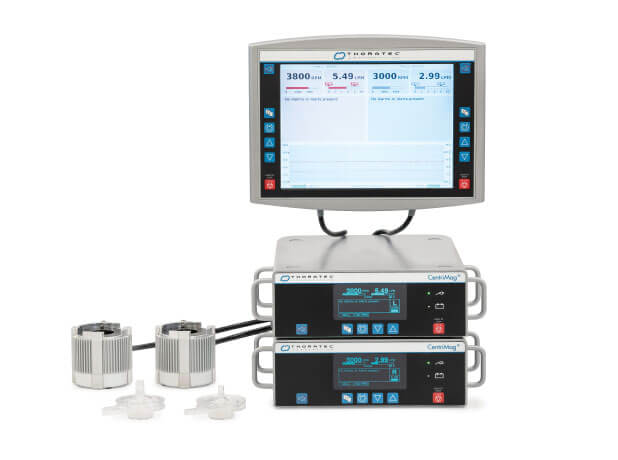
Abstract
Introduction: In remote hospital settings, providing timely and effective extracorporeal cardiopulmonary resuscitation (ECPR) is challenging due to infrastructure limitations and accessibility issues. We are highlighting the importance of grab-and-go ECPR packs in overcoming logistical hurdles to achieve positive results in such environments.
Methods: Retrospective case report.
Case Description: We are reporting a 50-year-old male with acute anterior wall myocardial infarction (AWMI) and triple vessel disease (TVD), suffered sudden cardiac arrest during a viability scan in a remote radiology suite. Despite the remote location, an ECPR was initiated promptly, mobilizing a team equipped with grab-and-go packs to the scene. Extracorporeal life support (ECLS) was swiftly initiated, resulting in the restoration of spontaneous circulation (ROSC). Despite initial success, the patient’s condition deteriorated, necessitating further interventions including percutaneous coronary intervention (PCI), insertion of an intra-aortic balloon pump (IABP), and placement of an Impella device. Management of refractory ventricular fibrillation/ventricular tachycardia (VF/VT) required ablation therapy. Given the impracticality of cardiac transplant, the decision was made to proceed with left ventricular assist device (LVAD) insertion.
Results: The successful application of ECPR in a challenging hospital setting, emphasizing the critical role of grab-and-go ECPR packs and collaborative teamwork. Despite initial challenges, coordinated efforts facilitated successful ECPR deployment and transition to LVAD support, ultimately leading to the patient’s recovery.
Conclusion: Effective ECPR deployment in resource-limited settings necessitates adaptability, resource allocation, and multidisciplinary collaboration. The utilization of grab-and-go ECPR packs is pivotal in accessing remote hospital areas promptly and enhancing patient survival and quality of life.
